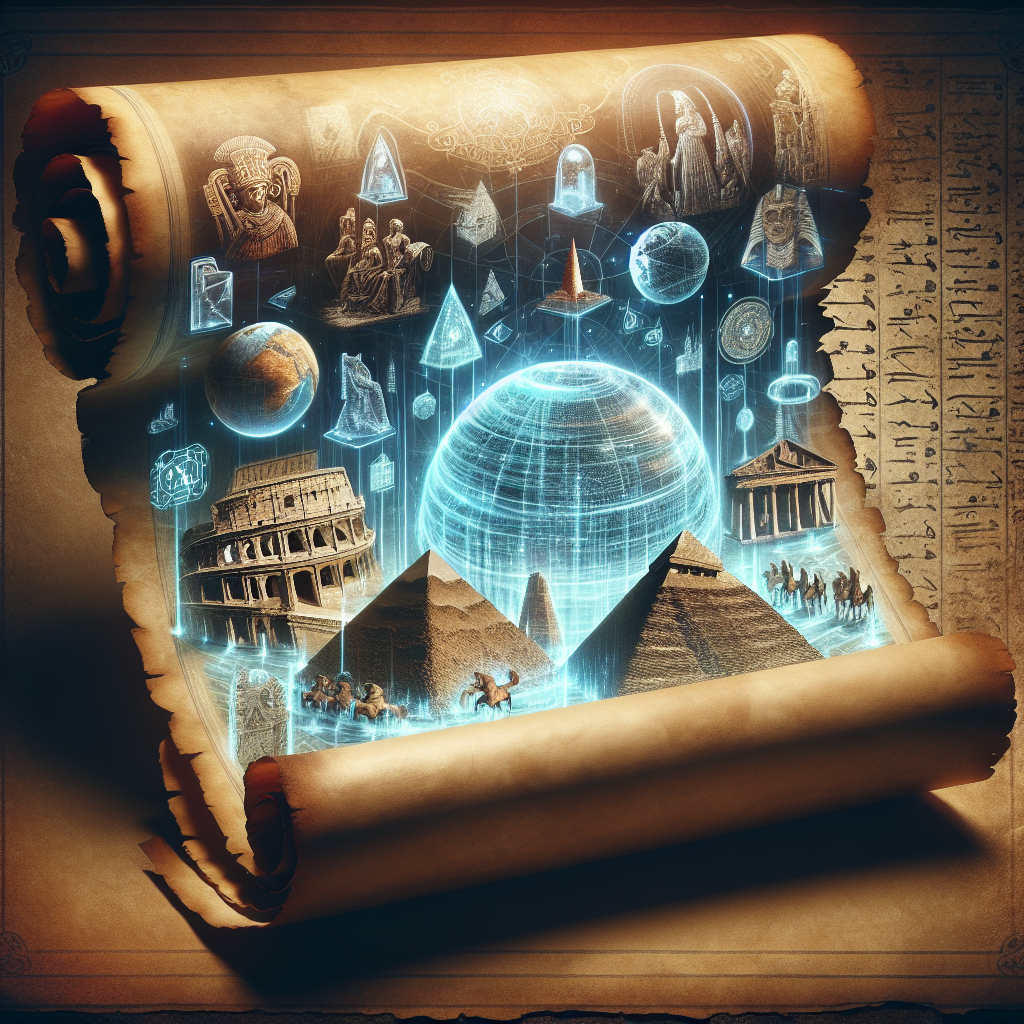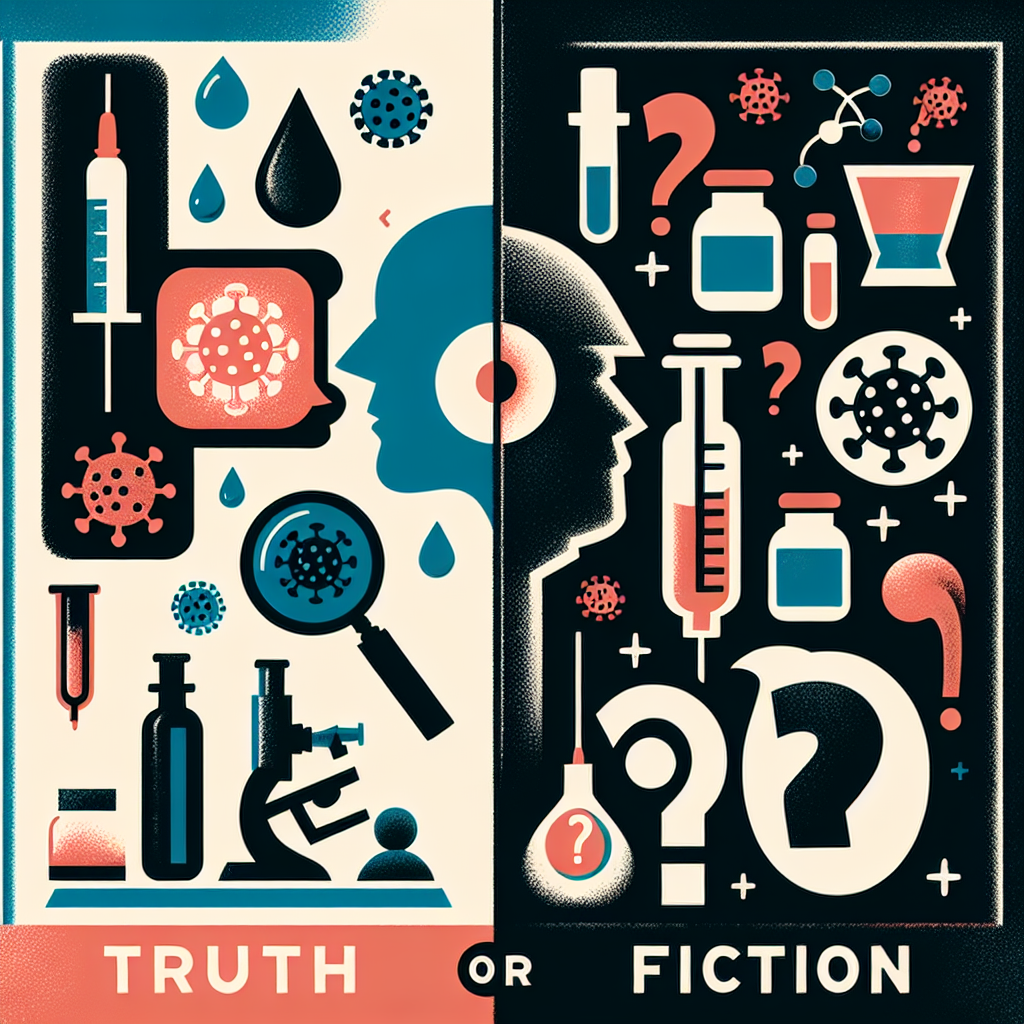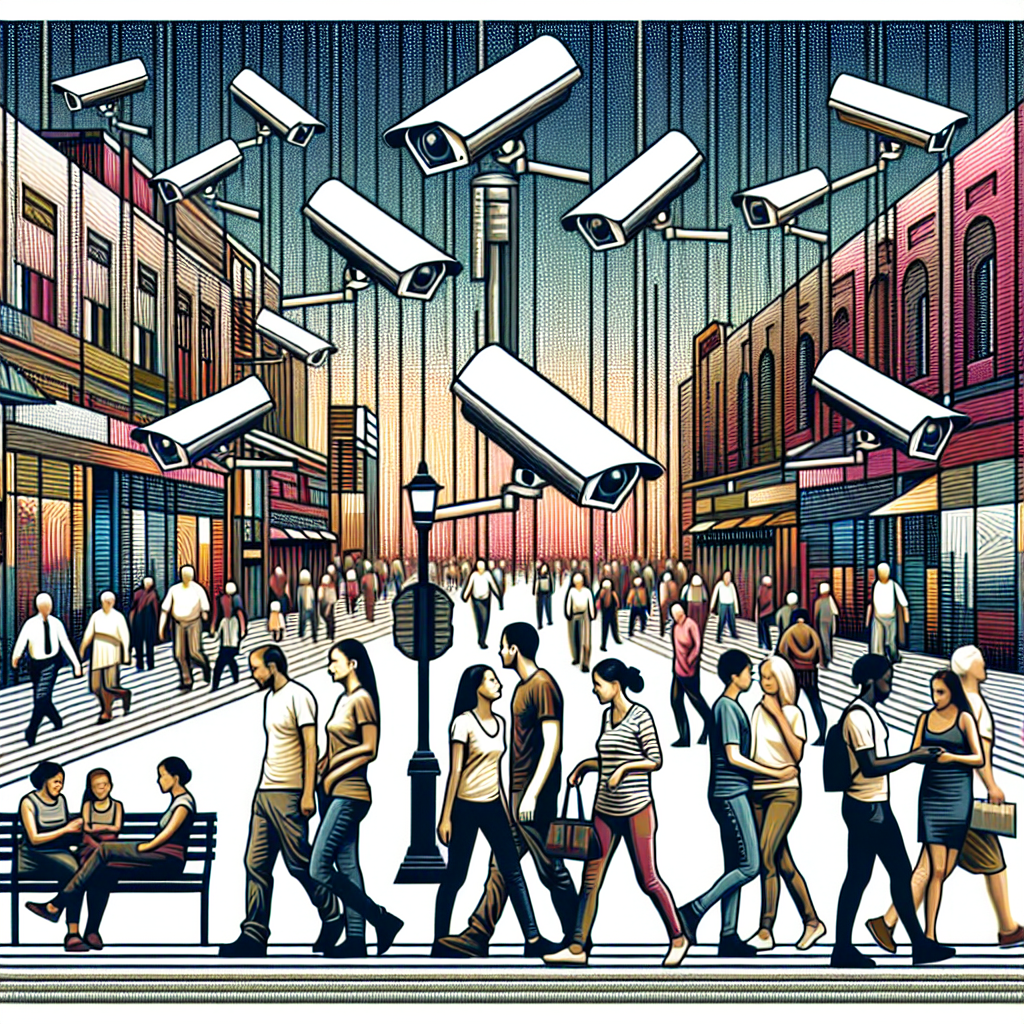The Connection Between Global Pandemics and the New World Order
Global pandemics have compelled societies to respond and adapt in unprecedented ways. These health crises often reveal underlying vulnerabilities and spur political, economic, and social shifts. The phrase “New World Order” (NWO) refers to a conspiracy theory suggesting that a secretive power elite is conspiring to eventually rule the world through an authoritarian world government. Within this discourse, the intersection of pandemics and the NWO is a hotbed for speculation. Understanding this connection involves exploring historical contexts, contemporary health crises, and the resulting global behaviors fostering theories of an emerging NWO.
Historical Context: Pandemics Shaping Political Landscapes
Throughout history, outbreaks have significantly influenced political landscapes. The Black Death in the 14th century not only decimated populations but also weakened feudalism, leading to increased social mobility and the rise of the modern state system. Fast forward to the 20th century, the Spanish flu of 1918 caused governments worldwide to increase their control over public health measures, setting precedents for future interventions.
In these scenarios, pandemics act as catalysts for change, prompting shifts in governance as states prioritize public health over individual freedoms. This notion resonates within the framework of the NWO, where a central theme is the consolidation of power to manage global crises.
The Role of Globalization and Technology
Globalization has intensified the spread of infectious diseases. The interconnectedness of nations through travel, trade, and communication means that a virus emerging in one part of the world can rapidly affect the global populace. The COVID-19 pandemic exemplified this phenomenon, where local outbreaks transformed into a global crisis within weeks.
This interconnectedness has led to increased calls for coordinated international responses, which some theorists claim feeds into NWO ideals. For instance, during the pandemic, organizations like the World Health Organization (WHO) were thrust into prominent roles, suggesting a shift towards centralized governance in public health. Skeptics of this arrangement fear that such cooperation might lead to a loss of national sovereignty under the guise of managing health emergencies.
Human Behavior and Social Control
Pandemics often reveal how human behavior can be sculpted by fear and uncertainty. Governments have implemented measures such as lockdowns, mask mandates, and mandatory vaccinations, pushing the discourse toward the potential for social control. This aligns with NWO theories, which posit that crises are manipulated to impose authoritarian governance.
Psychological manipulation during pandemics can lead to increased obedience to authority, diminishing skepticism towards state power. Behavioral scientists suggest that fear of disease can override individual rights, leading to a societal shift towards compliance—a hallmark of NWO discourse.
Economic Implications and the Shift in Power Dynamics
The economic fallout from pandemics can lead to significant power shifts. COVID-19 exposed systemic inequalities and accelerated the redistribution of wealth towards large corporations and technological giants, fueling suspicions of a converging elite. This economic restructuring aligns with NWO narratives that suggest a puppet master orchestrating societal changes for profit.
Financial institutions and multinational corporations have gained more influence over national policies, raising concerns about democracy’s resilience. Proponents of the NWO narrative argue that as economies become increasingly centralized, individual nations lose their autonomy, leading to a global governance model that aligns with conspiracy theories associated with the NWO.
Surveillance, Data Privacy, and Control
The COVID-19 pandemic saw the rise of digital surveillance as countries adopted technological solutions to monitor the virus’s spread. Contact tracing apps and health passports became essential tools in managing public health, but they raised alarms over privacy rights and governmental overreach—themes central to NWO theories.
Critics argue that increased surveillance was not only justified as a health measure but was also a way to normalize invasive government practices. As societies become more accustomed to monitoring and data collection, many fear that these measures may serve broader authoritarian goals rather than simply managing health crises.
The Role of Misinformation
Misinformation has played a vital role in shaping public perception during global pandemics. The COVID-19 crisis highlighted how quickly and effectively rumors can spread, often exacerbating fear and division. Various conspiracy theories emerged, linking pandemics to governmental control agendas, which some attribute to the NWO.
Social media platforms became battlegrounds for conflicting narratives, with people more inclined to believe sensational claims than scientific data. This environment nurtured skepticism towards authorities and established experts, which further feeds into NWO conspiracies advocating that world events are manipulated behind the scenes.
The Influence of International Organizations
International organizations play significant roles during health crises, often acting as intermediaries between nations responding to pandemics. The WHO, International Monetary Fund (IMF), and World Bank’s actions during COVID-19 amplified NWO theorists’ claims that these entities are part of a larger scheme to control global governance.
For instance, the mass distribution of vaccines through COVAX—an initiative aimed at equitable global access—has been viewed by some as a mechanism to exert control over nations, placing disproportionate power in the hands of elite organizations. These movements toward cooperative global health measures may bolster NWO narratives, suggesting a foundation for an impending centralized global authority.
Public Health vs. State Power: A Delicate Balance
The delicate balance between public health initiatives and individual freedoms is at the heart of the NWO discussion. Proponents argue that greater governmental intervention in health should be met with stringent oversight to prevent encroachments on civil liberties.
As public health crises become increasingly common, the dialogue surrounding the role of state power in individual lives intensifies. Advocates for personal freedoms warn that while health security is paramount, it should not come at the cost of democratic principles. This tension reflects the broader concerns that underpin the NWO theories.
The Future: Will Pandemics Shape a New World Order?
Looking ahead, the potential for global pandemics to shape a New World Order hinges on various factors. If societies continue adopting global health policies favoring centralization and control, it may legitimize long-held fears about the NWO. Conversely, if a robust discourse around personal freedoms and national sovereignty emerges from these crises, it may push back against the consolidation of power.
The connection between global pandemics and the NWO remains speculative yet relevant. The interplay of fear, survival, and governance during health crises reveals the fragile nature of democracy and individual rights. As the world grapples with emerging pathogens and evolving societal landscapes, understanding these connections will remain paramount for navigating future global health challenges.











Leave a Reply